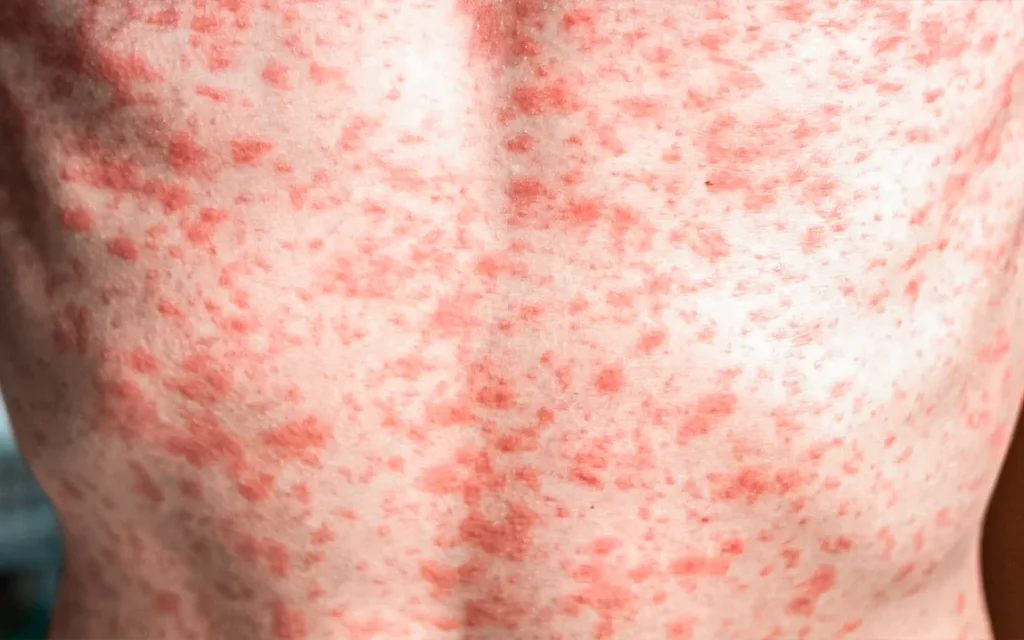Measles is on a troubling comeback in the U.S., and cases have already been reported in several states so far this year. From urban Atlanta to West Texas, the disease is emerging in communities with lower vaccination levels.
The Centers for Disease Control and Prevention (CDC) says that such outbreaks can escalate if immunization levels keep decreasing.
Why Is Measles a Concern?
Measles is a very infectious airborne virus transmitted by coughing and sneezing. Fever, cough, and red eyes begin the symptoms, followed by a characteristic rash. Most people recover, but serious cases cause pneumonia, brain inflammation, and even death. Before vaccine use, millions of people worldwide died from measles every year.
Are You Immune?
The best protection is the MMR vaccine, which has a 97% effectiveness rate after two doses. Children are given the first dose at 12-15 months and a second when they enter school. Adults who are not certain whether they are vaccinated can determine their immunity with a titer test, which will show the presence of measles antibodies.
Should You Get a Booster?
Experts indicate that the majority of those who are fully vaccinated are protected for life. Yet, if you got vaccinated against measles between 1963 and 1968, you might need a booster.
While misinformation drives vaccination fears, public health professionals advise vaccination in large numbers to stop further outbreaks. If you are unsure whether you are immune, it is time to find out.
